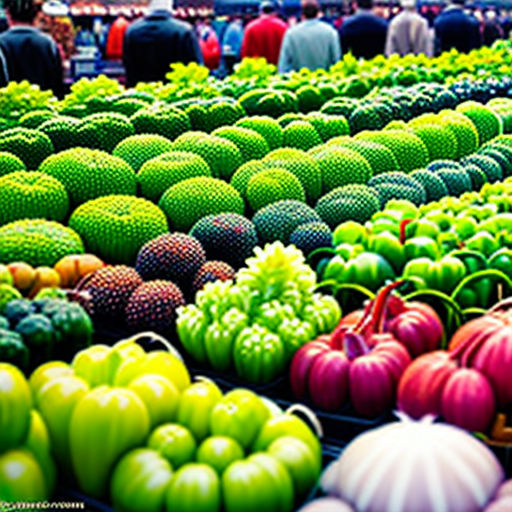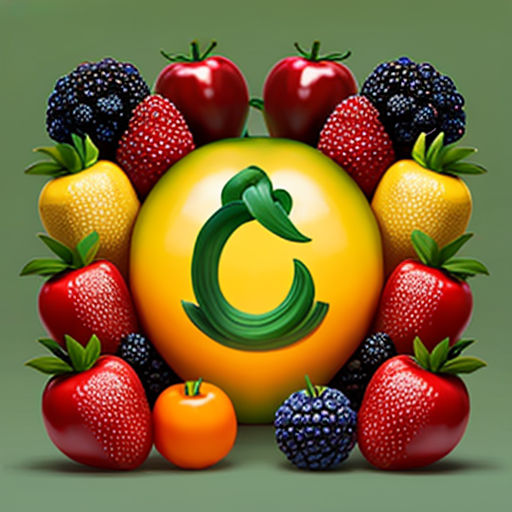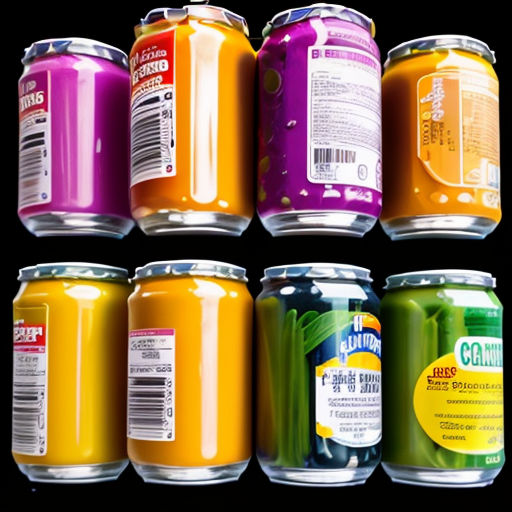
The Power of Fruits
By MARIA ALICE S. OLIVEIRA

12 Jan, 2024

Our body is an intricate machine that thrives on the fuel we provide it with. We often forget that we literally are what we eat. It's not just a metaphor. Our body absorbs the nutrients we consume and uses them to rebuild itself.

A diet rich in fruits and vegetables is the key to unlocking optimal health. However, not all fruits are created equal. Some exotic fruits, which you might not have heard of, are superfoods packed with immense health benefits.

Take the Dragon Fruit, for instance. This exotic fruit is rich in antioxidants, and it promotes a healthy gut, strengthens the immune system, and can even boost low iron levels.

Another superfruit is the Acai Berry. Originating from the Amazon Rainforest, this fruit is a powerhouse of nutrients that can boost heart health, aid in weight loss, and provide a glowing complexion.

Then there's the humble Blueberry. Don't be fooled by its size. It's packed with antioxidants, known to delay brain aging and improve memory, reduce muscle damage after strenuous exercise, and even combat urinary tract infections.

Fruits and vegetables can also help to alleviate symptoms of certain diseases. For instance, consuming more leafy greens and cruciferous vegetables could help manage type 2 diabetes.

Eating berries, citrus fruits, and tomatoes, all rich in Vitamin C, can help improve heart health. And did you know that consuming bananas can help lower blood pressure and reduce the risks of developing asthma?

There are so many reasons to incorporate more fruits and vegetables into our diets. They are not only delicious but also provide our bodies with the nutrients they need to function at their best.

But can a multivitamin substitute for fruits and vegetables? The answer is no. While multivitamins can supplement a diet, they can't replicate all the nutritional benefits of whole foods.

So, how many fruits and vegetables should you consume daily? The recommendation is at least five servings of fruits and vegetables each day. However, more is always better.

Eating a variety of fruits and vegetables also ensures that your body gets a mix of different nutrients. Each fruit and vegetable has its unique combination of vitamins, minerals, and other beneficial compounds.

Consuming different colors of fruits and vegetables can also help you get a broad range of nutrients. For instance, red fruits and vegetables are often high in antioxidants, while green ones are rich in vitamins and fiber.

It's also crucial to consume fresh fruits and vegetables. While canned or frozen options can be convenient, they often contain added sugars or sodium, which can be detrimental to your health.

Remember, eating fruits and vegetables is not just about staving off diseases. They can also improve your performance. Athletes worldwide rely on nutrient-rich foods to maintain their energy levels and speed up recovery.

So, next time you reach for a snack, think about how it will fuel your body. Choose fruits and vegetables that will provide you with the nutrients you need to feel your best.

This isn't about dieting or restricting yourself. It's about making conscious choices to nourish your body with wholesome foods. It's about recognizing the power of fruits and vegetables and making them a central part of your diet.

You have the power to transform your health and well-being through the foods you eat. Start by adding more fruits and vegetables to your diet. Your body will thank you.

Remember, the journey to optimal health is a marathon, not a sprint. Be patient with yourself and make small changes every day. Over time, these small changes will add up to significant improvements in your health.

And don't forget: we are what we eat. Let's make that a positive statement by fueling our bodies with nourishing, vibrant, and delicious fruits and vegetables.

The power of fruits is immense. So, let's harness that power and transform our health, one bite at a time.